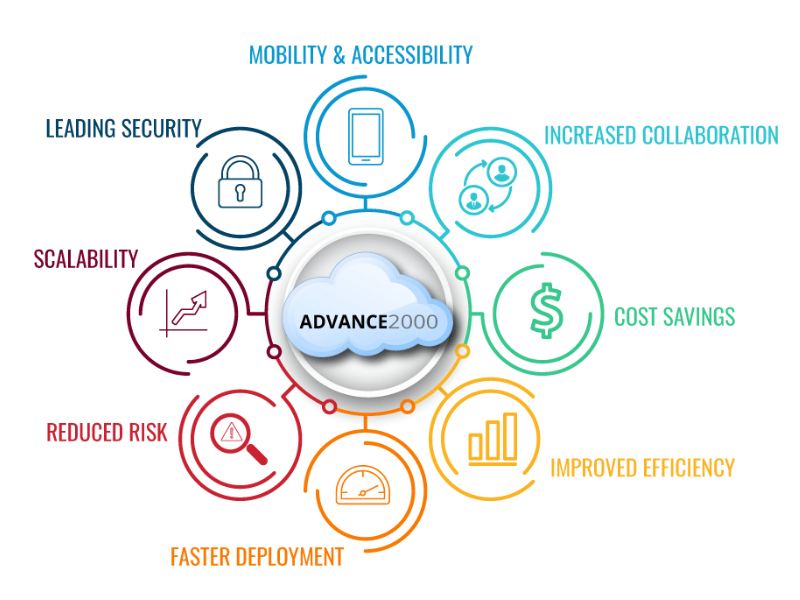Communication saw a significant revolution with the introduction of landlines. The year 1995, however, brought a hint of the future – the very first VoIP phones became available to the public, ensuring the possibility to manage calls without getting tied up with a cord and being limited by a determined location. What makes VoIP phones appealing, particularly to both budding and mature businesses? VoIP phones, or Voice over IP phones, use IP technology to make and receive calls, rather than employing traditional means. There is a wide variety of devices under the definition of a VoIP phone — in addition to a range of physical hardware, through the right service providers or apps, smartphones can also operate as VoIP phones.
What are VoIP Phones?

Instead of sending compressed radio signals to the telecommunication towers or requiring landlines for connectivity, VoIP phones convert audio into data packets. After creating packets, they get routed to the VoIP service provider, and success wholly depends on the receiving person’s line nature:
Lets take a closer look on what phishing e-mails might contain:
- When the receiving person uses a VoIP phone, packets maintain their complete journey and are reorganized to the original message.
- When the receiving person is not using a VoIP phone, the data packets turn to analog audio to make it compatible with traditional cell systems.
Pros of VoIP Telephony
Mobility
Unlike landlines, VoIP phones have excellent portability, eliminating the need for bulky hardware and being mostly unconcerned with cellular reception. They are available since the systems hugely depend on internet connection, which is more reliable and cost-beneficial today.
Scalability
Expanding with traditional PBX systems often involves complex management tasks and resource allocation. VoIP telephony simplifies this process, enabling swift expansion with minimal effort. This scalability not only accelerates growth for existing businesses but also facilitates rapid and cost-effective establishment for emerging ventures.
Modern Work Models
Upon using modern working paradigms, businesses that employ remote or hybrid work models also make great usage of VoIP technology. They enable employees to communicate during work hours as if they were in the office even when they were at home . Talent Reach Commuting is now out of the question, thanks to VoIP phones, which means small business owners may regularly partner with people from other states to hire the best and most skilled workers.
Accessing Advanced Technologies
VoIP phones provide increased flexibility and access to modern features such as conference calls and call forwarding, contrasting with outdated landline systems. This upgrade contributes to improved reliability and productivity in communication.
Modernizing Traditional PBX Systems
Transitioning to VoIP does not necessitate abandoning existing PBX infrastructure. VoIP systems can seamlessly integrate with traditional PBX systems using technologies like SIP trunking, preserving initial investments while boosting efficiency.
Reduced Overhead Costs
Compared to the laborious setup of traditional landlines, VoIP phones require minimal installation efforts and costs. With just phones and an internet connection, businesses can quickly and affordably establish communication lines, particularly beneficial for contact centers. Additionally, maintenance can be outsourced to VoIP service providers, further decreasing operational expenses.
Ready to make the switch to VoIP?
Transform your team’s communication with our exclusive Cloud In-Touch VoIP telephony. At Advance2000, our hosted phone system is tailored to offer businesses essential communication benefits affordably. Start exploring with a demo today!




